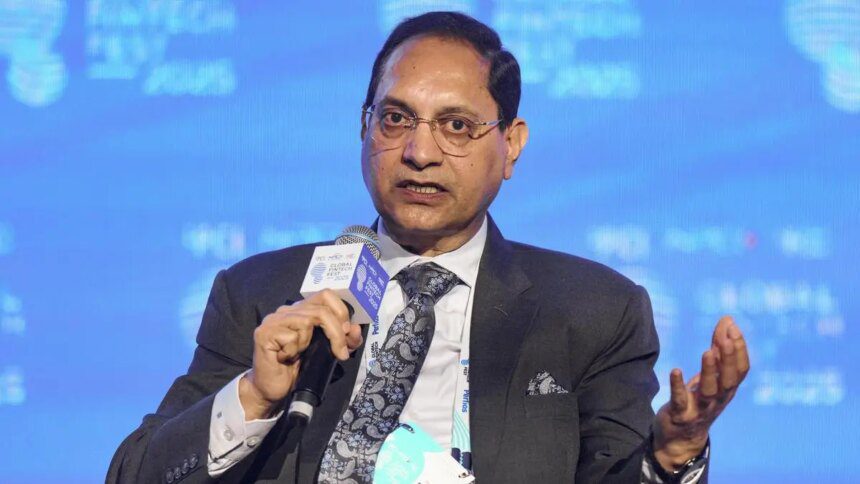The Chairman of the Securities and Exchange Board of India (SEBI), Tuhin Kanta Pandey, announced on Friday that the SEBI board will review the report from the ‘High Level Committee on Conflict of Interest, Disclosures, and Related Matters for Members and Officials’ on December 17. This report, submitted on November 10, proposes extensive reforms aimed at enhancing transparency through increased disclosures and fostering a “zero-tolerance” culture regarding conflicts of interest among senior officials at the regulator.
Pandey communicated the significance of the recommendations made in the report during the inauguration of the SEBI pavilion at the India International Trade Fair (IITF). Suggested reforms include the establishment of a secure and anonymous whistleblower system for conflict of interest reports, a prohibition on expensive gifts, a two-year ban on post-retirement assignments, and the appointment of a Chief Ethics and Compliance Officer (CECO). Moreover, it advocates that the SEBI Chairman, whole-time members, and chief general manager-level officers disclose their assets and liabilities publicly.
The committee’s 98-page report emphasizes that implementing these recommendations will align SEBI with international best practices, enhance its reputation, and bolster its independence and integrity as India’s capital market regulator. It further proposes that all SEBI board members and employees provide initial, annual, event-based, and exit disclosures concerning assets, liabilities, trading activities, family relationships, and other professional and personal interests. These disclosures are to be submitted to the proposed SEBI Office of Ethics and Compliance (OEC) and the Oversight Committee on Ethics and Compliance (OCEC). Additionally, it recommends induction and refresher training that emphasizes ethical conduct and a zero-tolerance approach to conflicts of interest.
In a broader context, Pandey highlighted the growth of the market, noting that approximately 100,000 Demat accounts are opened daily, reflecting a rising number of investors. As of October 1, over 21 crore Demat accounts have been established by nearly 13.6 crore investors. He also pointed out that mutual fund investments have reached ₹80 lakh crore, which shows more than a sevenfold increase over a decade.
While these statistics are encouraging, Pandey stressed the need for investors, especially first-time investors, to proceed with caution and conduct thorough evaluations before investing. An investor survey indicated that, although 63 percent of households are aware of various securities market products, only 9.5 percent are actively investing. He emphasized that financial inclusion involves not just access, but also ensuring public awareness and trust in the market, highlighting the necessity to bridge the divide between awareness and actual participation.
Published on November 14, 2025.










